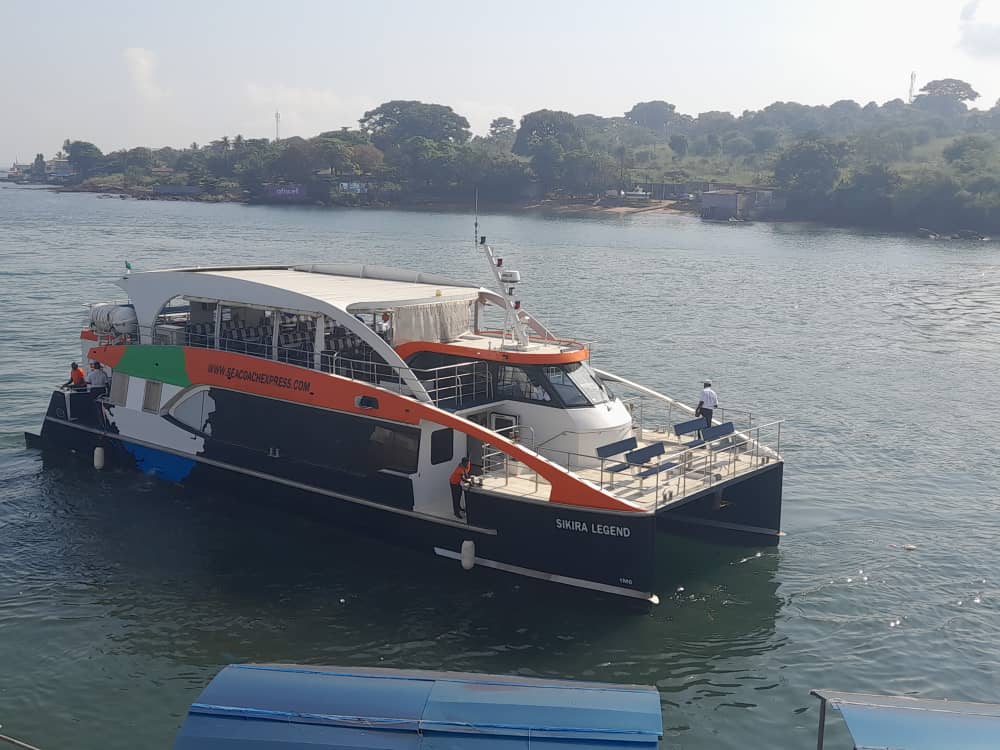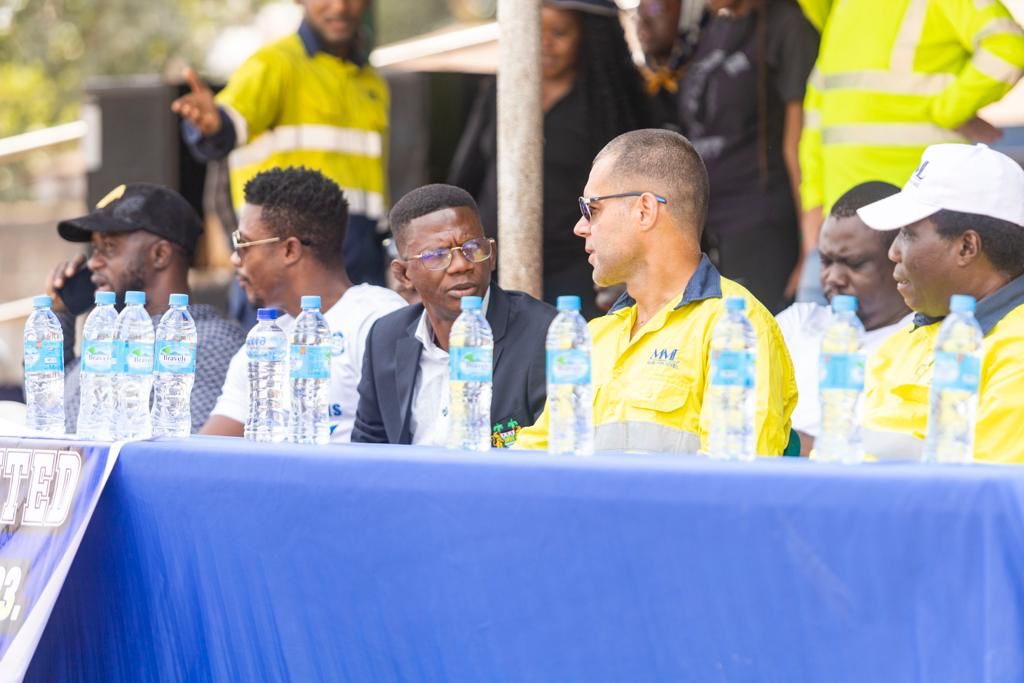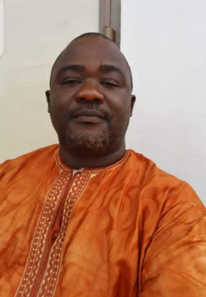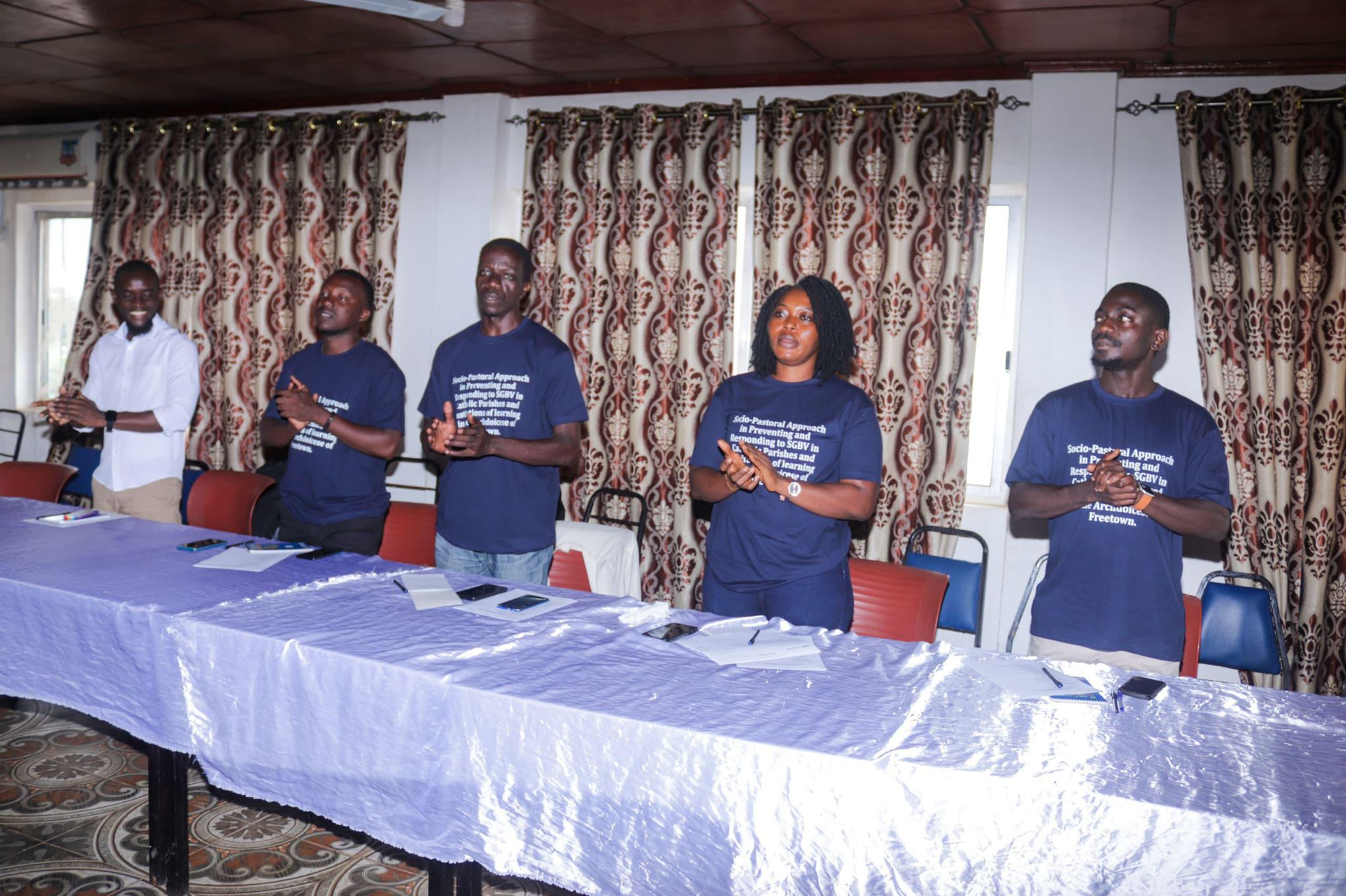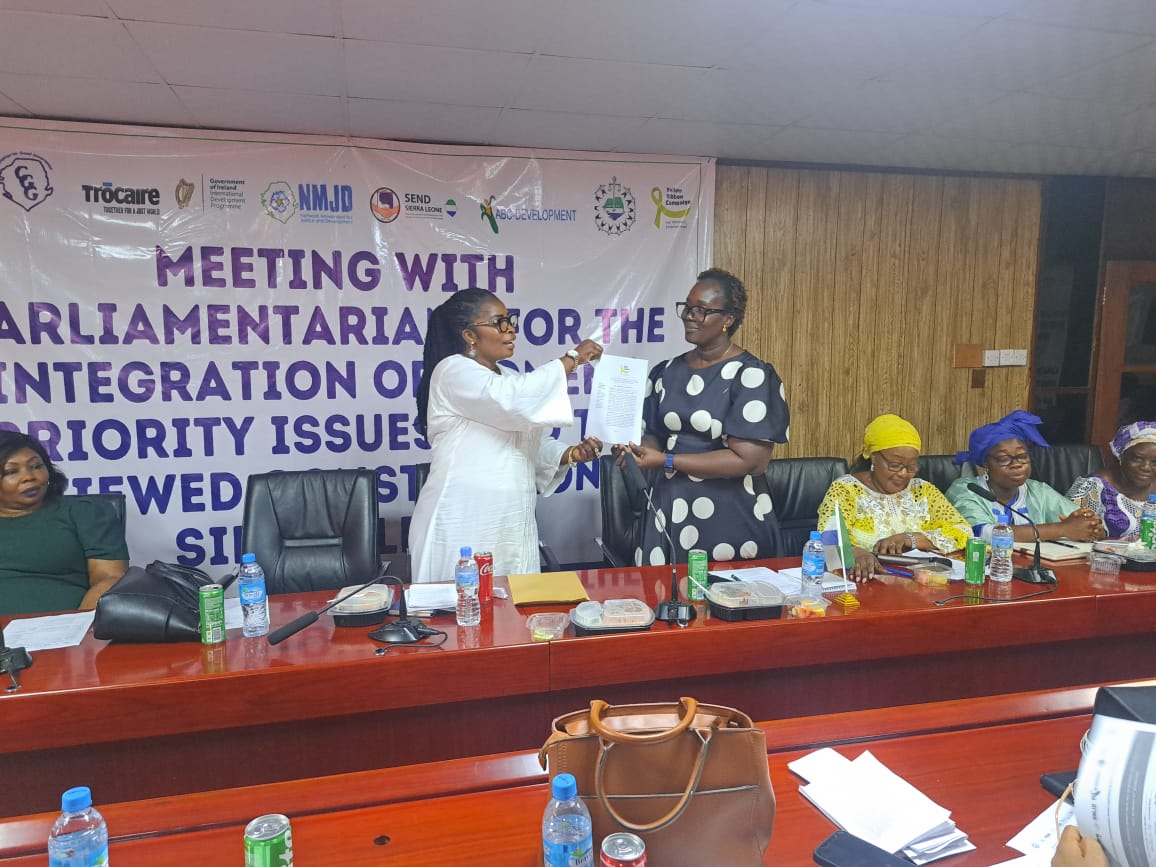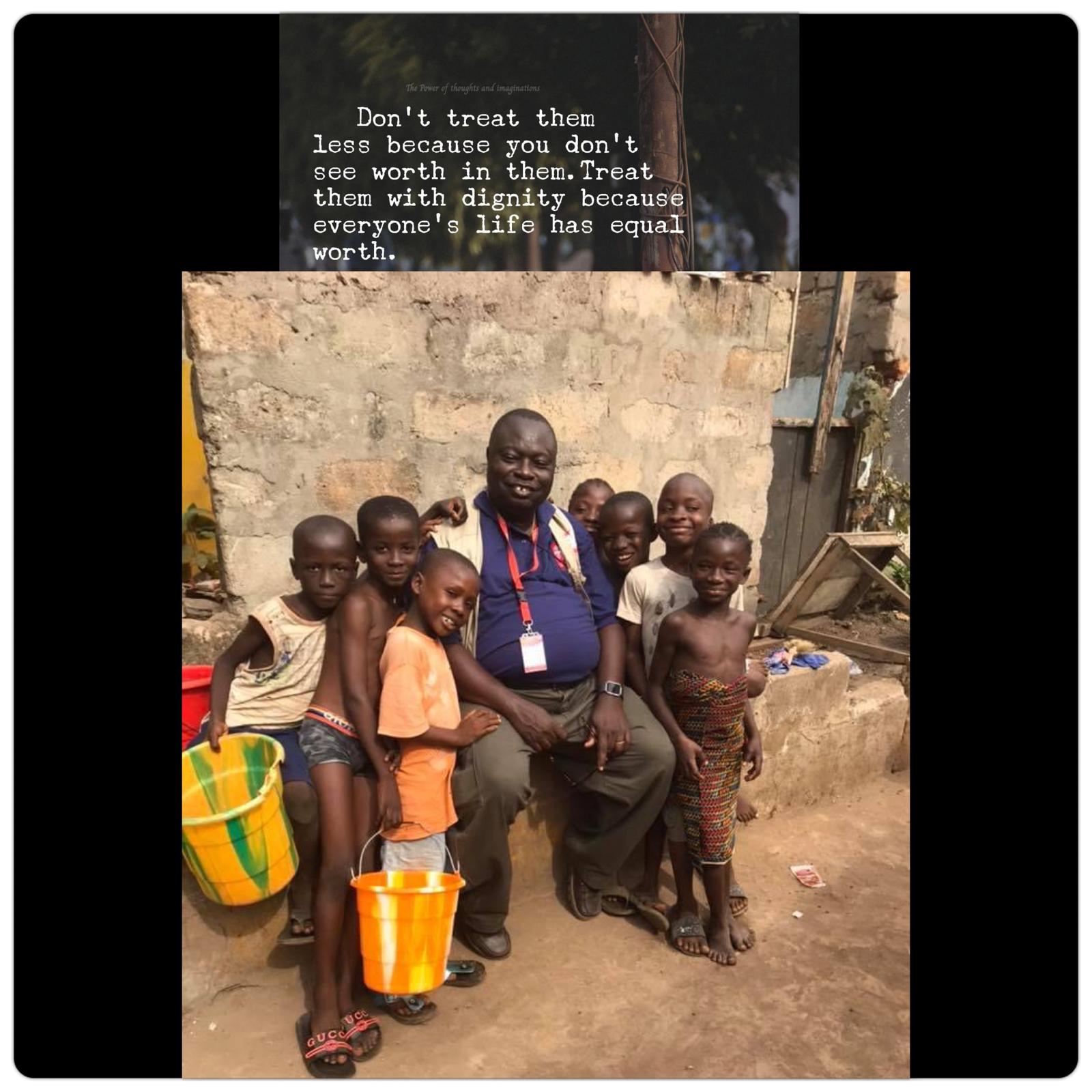Sierra Leone sickle cell coordinator intensifies awareness during World Sickle Day
Today 19th June 2024, the Sierra Leone Sickle Cell Society together with their partners are `commemorating the 16th World Sickle Cell Day, which was established by the United Nations Generally Assembly in 2008 and first observed on 19th June 2009. On behalf of the Government of Sierra Leone through the Ministry of Health, WHO, and all the partners involved in the fight against SCD we recognize World Sickle Cell Day as a day we must continue to raise awareness, Provide proper management, Care and support research efforts to find a universal cure for this condition.
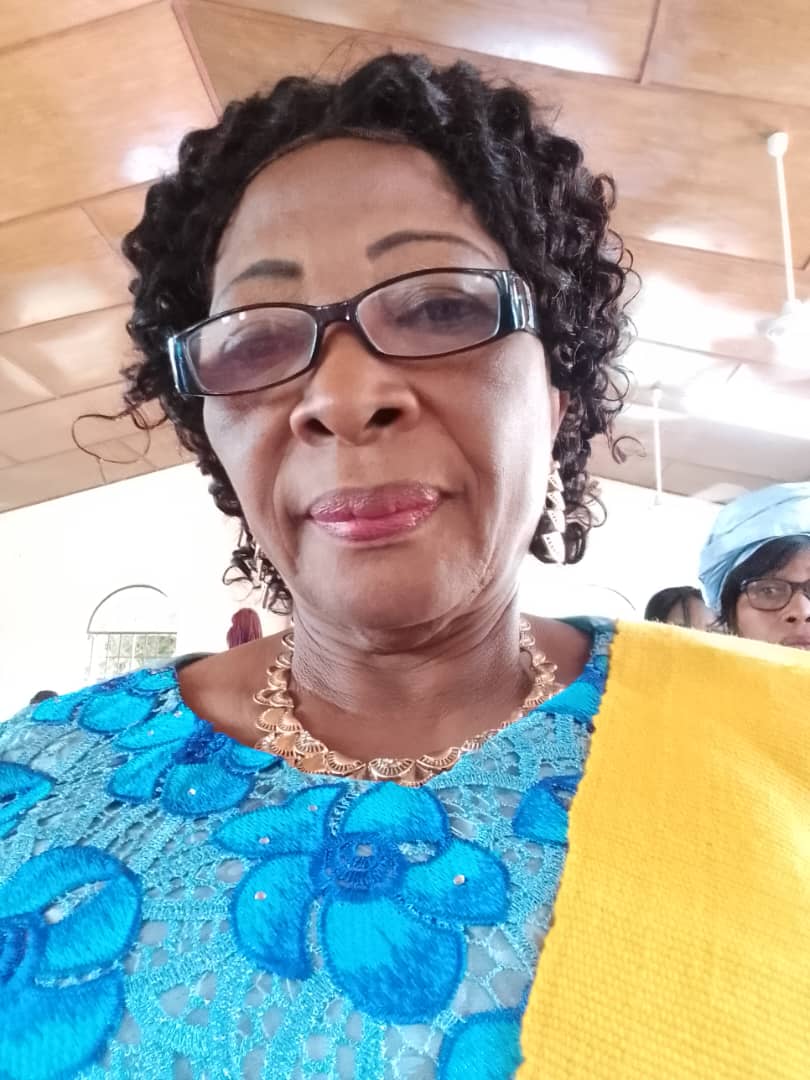
Effective awareness worldwide continues to remain fundamental in eradicating Sickle Cell Disease. Various government organizations, global Health Agencies, and Non-Government organizations work tirelessly to aid those with Sickle Cell Disease. But still, upsettingly, Sickle cell disease (SCD) is one of the common chronic inheritable, genetic disorders affecting African and Asian countries causing red blood cells disorders leading to sickle cell anemia that result in death. It is one of the most common Non Communicable Diseases and public health problem in Africa. The disease presents severe burden on sufferers and is associated with increased ill health and death. It arises because of a change in DNA composition (point mutation) which results in the production of the abnormal Hb Sickle haemoglobin.
Sickle cell anaemia means that a person is suffering from anaemia (low level of hemoglobin) due to the abnormal shaped red blood cells which stick in small blood vessels and cause blockage in the continuation of the blood flow in the blood vessels and whole body organs cannot get adequate oxygen, which leads to the health problems like severe pain, organ damage or failure, severe infections, stroke, headache, liver problems, heart problems and so many others including bone and joint complications. Currently, its treatment is mainly focused on preventing and treating pain episodes and other complications. Specialized treatments for cure are not available in Sierra Leone.
Theme: “UNITING FOR WORLD SICKLE CELL DAY”
This Theme has been adapted from The Global Alliance of Sickle Cell Disease Organizations (GASCDO). In focusing on the importance, potency/effectiveness that speaking with one voice has when setting priorities to advance Sickle Cell Care globally. GASCDO stays committed to uniting the Sickle Cell community and hopes to inspire all organizations whether they are members of the Alliance or not.
In Sierra Leone, like in other West African countries, the majority of children with the most severe form of the disease, (Hb SS, Sickle Cell Anemia) die before the age of 5, usually from an infection, malaria, malnutrition or severe Anemia. According to the President of the Africa Health Organization (AHO), In his speech for 2024 World Sickle Cell Day, he stated as published in the AHO Newsletter that In countries such as Cameroon, Republic of Congo, Gabon, Ghana, and Nigeria the prevalence is between 20% to 30% while in some parts of Uganda it is as high as 45% (AHO). In Sierra Leone the prevalence is 22% (Wurie et al).
The SLSCS in collaboration with the RAMSY Medical Laboratories has over the years registered 4,585 cases after the confirmatory tests. Among these 3,357 have Hb SS, 150 have Hb SC and 978 have Hb AS. This is just the tip of the Ice berg as there are so many of them out there in the communities. With this background, it is clear that raising awareness for Sickle Cell Disease (SCD) is a commendable effort! Here are some ways we can get involved:
- Educate Yourself: Start by learning more about SCD. Understand its impact on individuals and families. Knowledge is a powerful tool for advocacy. If you want to know more, go the SLSCS office at 25 Thomas Street or 88 Kissy Road.
- Spread Awareness: Use your voice and social media platforms to raise awareness. Share facts, personal stories, and information about SCD. Encourage others to do the same.
- Participate in Events: Attend or organize events related to SCD awareness. These could include walks, seminars, conferences, or fundraisers. Connect with local or national organizations working on SCD advocacy.
- Advocate for Research Funding: Advocate for increased funding for SCD research. Write letters to policymakers, participate in campaigns, and support organizations that focus on finding a cure.
- Support SCD Organizations: Contribute to organizations like the Sierra Leone Sickle Cell Society (SLSCS) or other local or global organizations. Donations help fund research, proper management and care, patient support, and awareness programs.
- Organize Blood Drives: SCD patients often require blood transfusions. Organize blood drives in your community to ensure a steady supply of blood at the blood bank for those in need.
- Share Personal Stories: If you or someone you know has been affected by SCD, share your story. Personal narratives create empathy and inspire action.
- Collaborate with Healthcare Providers: Work with healthcare professionals to promote awareness and early diagnosis. Encourage regular screenings and genetic counseling.
- Promote World Sickle Cell Day: On June 19th, join the global community in celebrating World Sickle Cell Day. Use handbills, leaflets, stickers like “Facts about Sickle Cell; Do you have a child with Sickle Cell in your Class” to amplify your message.
- Be an Ally: Support individuals living with SCD by being understanding, compassionate, and advocating for their needs.
Remember, every small effort counts! By raising awareness, you contribute to a better understanding of SCD and help improve the lives of those affected. With these high prevalence rates it is important to communicate the importance of preparing for transition to those impacted both directly and indirectly by sickle cell. In view of this AHO is specifically encouraging all affected nations including Sierra Leone and the whole of Africa to:
- Exert its best efforts to increase awareness nationally, regionally and internationally of the burden of this disease.
- Leverage its network of partners to promote equitable access to health services.
- Extend technical support to the affected countries to help ensure prevention and management.
- Work to support research in an effort to improve quality of life for those affected.
- To the government of Sierra Leone, I kindly advise collaboration with local sickle cell organizations’ and engage with patients and their families about the struggles they face daily.
- In further support of our incredible sickle cell community, I would like to make an appeal to the public:
- Where possible, please support the people suffering from sickle cell disease and their families. Take the patients to the nearest health facility for care and treatment.
- Provide new born screening services and follow them up, for those aged two-years-old or younger, take them for sickle cell testing to know their status early. Support the mothers and their babies to access these services.
- To the health workers, please make your facilities users friendly for the Sickle Cell patients and their Care givers.
- We are also encouraging our couples that it is recommended to screen for sickle cell before marriage.
- To all Sierra Leoneans I say Do a simple Blood Test to “Know your Genotype”
This year the Ministry of Health, has formed the Sickle Cell Task Force as we have come a long way in better understanding the disease; however, there is much more to learn and we want to scale up for more work to be done in the fight against SCD in Sierra Leone.
Let today be a day when as a nation, together we celebrate our first steps towards eradicating Sickle Cell Disease in our beloved Sierra Leone.





